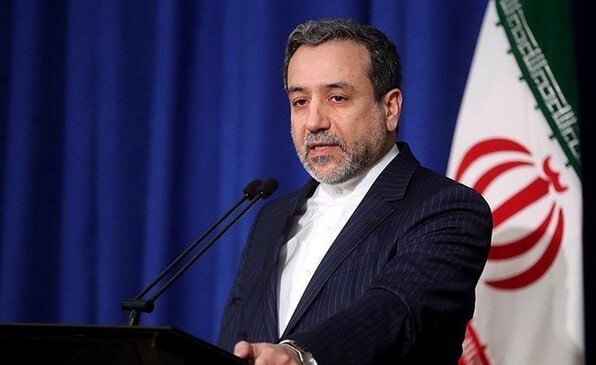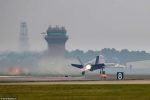Iran’s Growing Nuclear Capability and Debate
Iran’s stance on nuclear weapons has been a subject of intense global scrutiny. Recently, the country’s foreign minister emphasized that Iran already has the knowledge and capability to develop nuclear weapons, but it does not view these weapons as a key part of its security strategy. This statement, made during an interview, highlighted Iran’s position within the broader nuclear debate.
Iran has remained firm in stating that its nuclear program is not intended for military purposes. However, the Iranian government has faced increasing pressure, especially after Western countries threatened to reimpose UN sanctions. The deal lifted these sanctions in 2015 to limit Iran’s nuclear activities. The foreign minister suggested that if the West reimposes the sanctions, Iran could shift its approach and reconsider its nuclear strategy, potentially leading the country to develop nuclear weapons. This potential shift marks a critical point in the ongoing nuclear debate.
The Role of European Nations and the UN
The Iranian foreign minister expressed disappointment with European nations, particularly the UK, Germany, and France, accusing them of pushing for a confrontational approach. This came after the UN’s nuclear watchdog, the International Atomic Energy Agency (IAEA), held a meeting and passed a censure motion against Iran for allegedly failing to cooperate with inspections and continuing its uranium enrichment activities beyond peaceful civilian purposes.
The foreign minister pointed to promises made by Rafael Grossi, the IAEA’s director general, to prevent the censure motion after Iran had agreed to limit its uranium enrichment to 60% purity and allow a number of nuclear inspectors to visit its sites. Despite these assurances, the foreign minister claimed that European countries had already made up their minds to confront Iran rather than engage in further negotiations. This division between Iran and Europe has only added to the growing tensions surrounding Iran’s nuclear program.
In response, Iran has introduced more advanced technology into its nuclear program, including thousands of new, highly sophisticated machines to enrich uranium. Iran argues that this move is a direct response to the pressure exerted by European nations and the UN, suggesting that these sanctions and the international community’s actions have pushed Iran toward further nuclear development.
Iran’s Global Military Relationships
Apart from its nuclear ambitions, Iran’s foreign minister also discussed Iran’s ongoing military relationships, particularly with groups like Hezbollah in Lebanon and countries like Russia. Iran has maintained that it will continue to provide support to Hezbollah if requested, despite the group’s ongoing confrontations with Israel. This move is significant because Iran’s military support to groups like Hezbollah has often been a point of contention for many countries, especially Israel and the West.
Furthermore, the foreign minister addressed Iran’s relations with Russia. Iran has been supplying drones and other military equipment to Russia, a move that has caused tension with European countries. Iran defended its cooperation with Russia by arguing that European countries are not in a moral position to criticize this alliance, especially given their military support for Israel, which Iran views as an ongoing problem for Palestinians.
In the context of Lebanon, the Iranian foreign minister highlighted the ceasefire agreement between Hezbollah and Israel. While he acknowledged that Hezbollah had suffered losses in the conflict, he maintained that the organization remained intact and able to continue its operations. The foreign minister questioned the Israeli perspective on the ceasefire, suggesting that Israel’s decision to agree to a ceasefire was driven by its inability to defeat Hezbollah.
Nuclear Policy and Iran’s Foreign Struggles
As tensions in the Middle East continue to rise, Iran’s foreign policy has been put under further scrutiny. The foreign minister acknowledged the domestic dissatisfaction in Iran with the government’s foreign policy, especially with regard to the nuclear deal. The election of a new president, who campaigned on improving relations with the West and easing sanctions, did not lead to a warm reception from Western countries. The lack of cooperation has sparked a growing debate within Iran over whether the country should change its nuclear policy, with many questioning the effectiveness of its current approach.
The issue of nuclear weapons and Iran’s foreign policy remains a deeply divisive and complex issue. With the threat of renewed sanctions and continued military support to groups like Hezbollah, Iran’s position on nuclear weapons could shift dramatically. The situation continues to evolve, with key international players closely watching Iran’s next steps in both nuclear development and regional military involvement.





